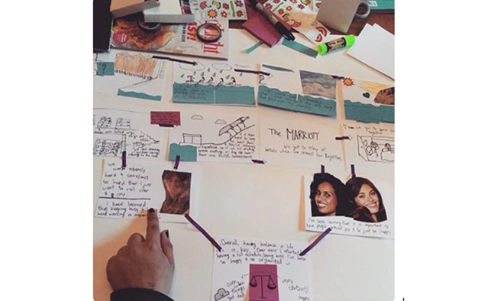Webmaker App
Webmaker was Mozilla Foundation’s Android app for creating original content on the mobile web. It allowed users to build pages with unique URLs — and learn the basics of content creation along the way.
Additional details
| Year band(s) | 9-10 |
|---|---|
| Format | Web page |
| Keywords | Digital citizenship, Web Literacy, Open resources, Remixing, Cooperation, Internet, Problem-solving, Mobile phones, Unplugged, Composing, Interface |
| Organisation | Mozilla |
| Copyright | Mozilla Foundation. Creative Commons BY-SA 4.0 |
Related resources
-
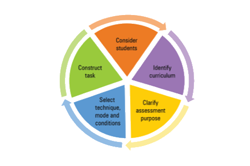
Blueprint for designing and constructing an assessment task
The Assessment and reporting advice and guidelines support teachers to implement and assess Digital Technologies.
-

The new work mindset
Change summary to During 2020, the global pandemic COVID-19 has seen Australia, like many other nations across the world, struggling to forecast what the future of work will look like given the pandemic has impacted almost every aspect of how we live, learn and earn.
-
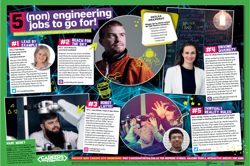
Careers with Engineering
These three posters show students some of the amazing ways engineering is used everyday, and the awesome careers they can pursue in these areas.
-

GenAI readiness and implementation modules
As generative AI (GenAI) becomes an increasingly important tool in education, it's essential for teachers to understand both its potential and its limitations. This two-module offering equips teachers with the knowledge and practical skills to use GenAI tools like Copilot effectively in the classroom. Teachers will enhance their own digital literacy while learning how to guide students in using AI responsibly and thoughtfully. By focusing on teacher readiness and practical classroom strategies, the modules support the development of students who can navigate AI in both classroom and everyday contexts. The modules were developed in collaboration with Microsoft.
-
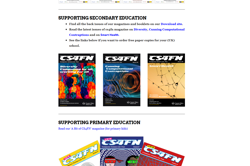
Teaching London Computing
Find activities for learning about Computer Science in fun ways on this site based on our underpinning Computer Science Education research.
-
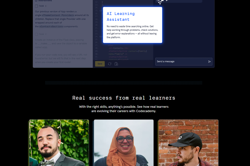
Codecademy
This site provides tutorials on web design tools. Requires free registration.
-
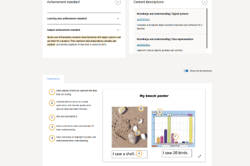
Work Samples
This site provides access to annotated work samples in accordance with the Australian curriculum for years F-10.
-
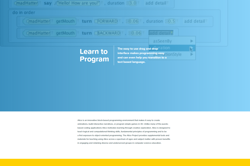
Alice
Alice is a FREE 3D programming environment that makes it easy to create an animation for storytelling, playing an interactive game, or a video to share on the web.
